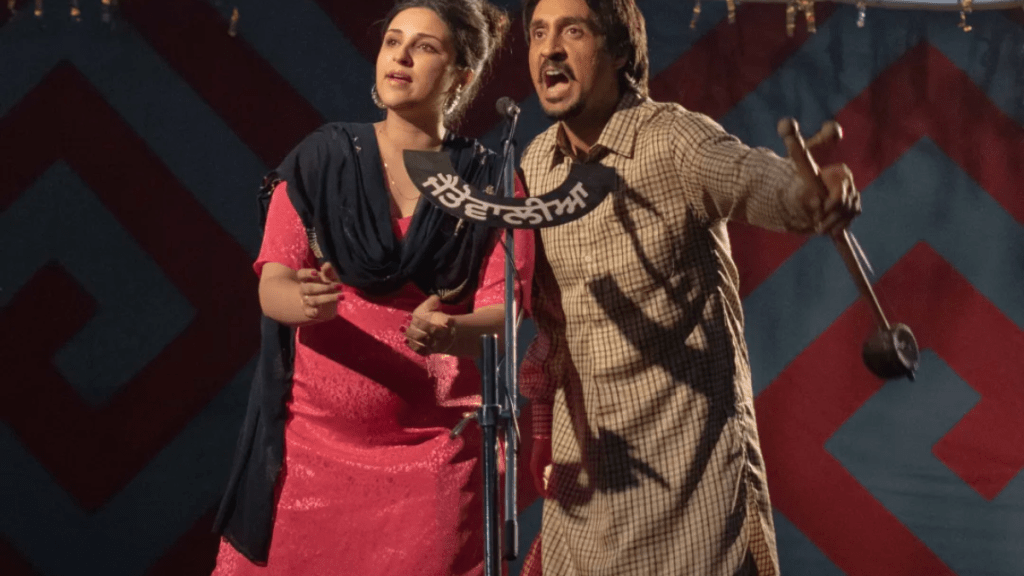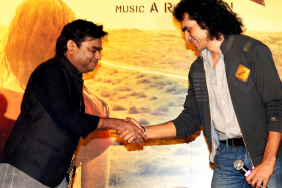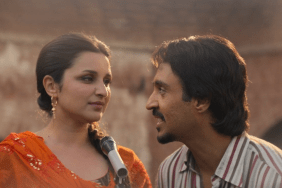Imtiaz Ali’s Amar Singh Chamkila has opened to positive reviews from critics and viewers alike. Fans are loving the nuanced storytelling in the biography of tragically murdered Punjabi singer Amar Singh Chamkila. The film stars Diljit Dosanjh as the titular character along with Parineeti Chopra as Amarjot, his wife and singing partner. The film not only charts Chamkila’s meteoric rise to fame but also highlights the socio-economic barriers he faced due to his Dalit background. The director beautifully portrays the raw and rustic truth of casteism through the film.
The film subtly introduces the audience to the realities of caste discrimination through its narrative and songs. “Vida Karo,” sung by Arijit Singh, honestly captures the essence of Chamkila’s battle against societal norms.
Imtiaz Ali opens up on the importance of showing Amar Singh Chamkila’s caste in the film
In a recent interview with Mid-Day India, Ali expressed his intent behind delving into the caste dynamics that plagued Chamkila throughout his life. According to the director, Chamkila’s struggles are not just a recount of his life but a mirror to the societal prejudices that continue to persist in rural India. “All of us who live in cities and are disconnected from the masses living in villages, where casteism is prevalent, are de-recognizing the larger part of our country,” Ali remarked.
Ali highlighted that despite Chamkila’s superstar status, he is depicted as a humble servant of the people. The singer never shed his innate humility. “He is always agreeing to do what everyone asks him to do and that’s how he lost his life because he couldn’t say no to anybody,” Ali explained. He also shared that Chamkila’s inability to refuse requests may have led to his untimely demise.
The director also addressed the broader implications of ignoring such deep-rooted issues. “At times, filmmakers will have to be allowed to talk about the real issues in this country. If I am making a film about his life, I have to show his biggest disadvantage. People are judgmental about class and race and these kinds of things. To denounce it you must not pretend that it doesn’t exist,” he asserted.
Imtiaz Ali did not initially set out to make a bold film. However, the thematic elements of caste, class, and inequality naturally emerged as focal points. This was due to their relevance in Chamkila’s story and their broader implications in Indian society.










